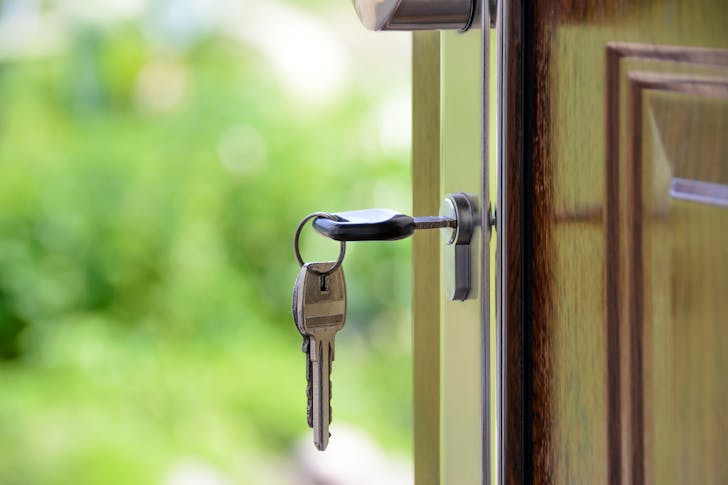Reverse mortgages can be a financial lifeline or a trap, depending on how you use them. If you are 62 or older and sitting on a lot of home equity, you have probably heard about reverse mortgages. Before you jump in, it is smart to know exactly what you are signing up for.
Here’s a breakdown of five real pros and five real cons of reverse mortgages:
Pros: No Monthly Mortgage Payments
Reverse mortgages let you stop making monthly mortgage payments. That means more breathing room in your budget. The loan gets paid off later, usually when you move, sell the house, or pass away.
This is a huge win for people living on fixed incomes. It can take a lot of stress off your shoulders when you are no longer sending a big check to the bank every month.
Tax-Free Funds
The money you get from a reverse mortgage isn’t taxed. That is because it is not counted as income. It is just a loan advance. So, you can use it for bills, repairs, or just living without worrying about the IRS taking a slice.
This makes reverse mortgages a smart option for people who want access to cash without pushing themselves into a higher tax bracket.
Flexible Payout Options
You can take your money as a lump sum, monthly payments, a line of credit, or mix it up. A lot of folks like the line of credit because it actually grows over time, giving you more money to tap into later.

Mart / Pexels / One of the pros of reverse mortgages that most seniors love is the flexible payout options.
This flexibility means you can plan better.
Non-Recourse Loan
Reverse mortgages are “non-recourse,” which means you or your heirs won’t owe more than what the home is worth. Even if the housing market crashes, you are protected.
That is real peace of mind. It protects your family from debt and helps you feel better about tapping into your home’s equity now.
Aging in Place
One of the biggest wins of a reverse mortgage is that it lets you stay in your home. You don’t have to downsize, move in with family, or head to a retirement facility just because you need money.
It is a way to hold onto your independence and comfort while still getting financial help.
Cons: High Upfront Costs
Reverse mortgages aren’t cheap to set up. You are looking at fees like origination charges, mortgage insurance, and closing costs. These can easily run into the thousands.
So, while you are not making monthly payments, you are paying a lot upfront.
Reduced Inheritance
The more you borrow, the less your heirs will inherit. If the loan grows big enough, your kids might have to sell the house just to pay it off.
If leaving a home behind is a big part of your legacy plan, a reverse mortgage can throw that off track.

ASP / Pexels / If you are considering a reverse mortgage, make sure it is your own idea, not someone else’s agenda.
Ongoing Homeowner Obligations
You still have to pay property taxes, keep up with insurance, and handle repairs. If you miss any of these, you could lose your house to foreclosure.
This catches people off guard. Some think a reverse mortgage means they are off the hook, but the fine print still expects you to maintain the home.
Impact on Government Benefits
While reverse mortgage money isn’t taxed, it can affect programs like Medicaid or Supplemental Security Income. If you get a big lump sum and don’t spend it quickly, you could lose eligibility.
This is especially risky if you rely on needs-based aid.
Risk of Exploitation
Sadly, scammers target older adults with reverse mortgage schemes. Even family members can push someone into borrowing money they don’t need for things they don’t want.
Reverse mortgages work best for seniors who plan to stay in their homes for the long haul. If you are done moving around, need a little extra income, and want to stop monthly mortgage payments, it could be a great fit.
But if you are planning to move soon, struggling to pay taxes or insurance, or really want to leave the house to your family, think twice. There are other options that might work better.


